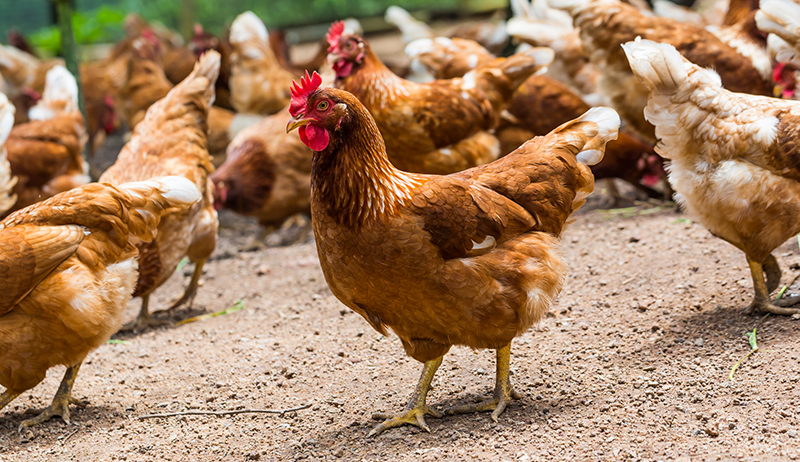Ghanaian and South African poultry industries have joined a Memorandum of Understanding (MoU) opposing chicken dumping, the import of cheap chicken from the European Union
The Ghanaian and South African poultry associations, the anti-dumping campaign, FairPlay Movement, and the Food and Allied Workers’ Union (FAWU) have signed a memorandum of understanding on the topic.
The signatories included Victor Oppong Adjei, chairman of the Ghana National Poultry Association, Charlotte Nkuna, interim CEO of the South African Poultry Association, Katishi Masemola, general secretary of the Food and Allied Workers Union, and Francois Baird, founder of the FairPlay anti-dumping movement.
Dumping happens when exports are sold below the cost of production, or below the selling price in the producing country. Huge volumes of dumped chicken portions, mainly from the European Union, have put the South African industry in crisis, forcing production cutbacks and job losses. The industry estimates that 4,000 to 6,000 jobs have been lost in recent years.
The MoU asks for a level playing field, requiring governments to apply more appropriate tariffs against dumped products and to apply the same strict rules of health, food safety, labelling, halal certification and product origin that the EU and other producing areas apply to imports into their regions. In addition, the leaders are also demanding the equal application of the rule of law by enforcing current rules, to take the fight international to unite civil society, business, trade unions, politicians, governments and multi-lateral organisations on the need to outlaw dumping and predatory pricing.
Adjei who visited South Africa at the invitation of the local industry explained how dumping had devastated the chicken industry in Ghana and discussed measures that could be taken to stop dumping. He said that a once-thriving industry had been reduced by dumped imports to one that produced only five per cent of the chicken consumed in Ghana.
Adjei said exporters in the EU, Brazil and the United States had targeted other African countries, and industries were struggling in Cameroon, Senegal and South Africa as a result.








